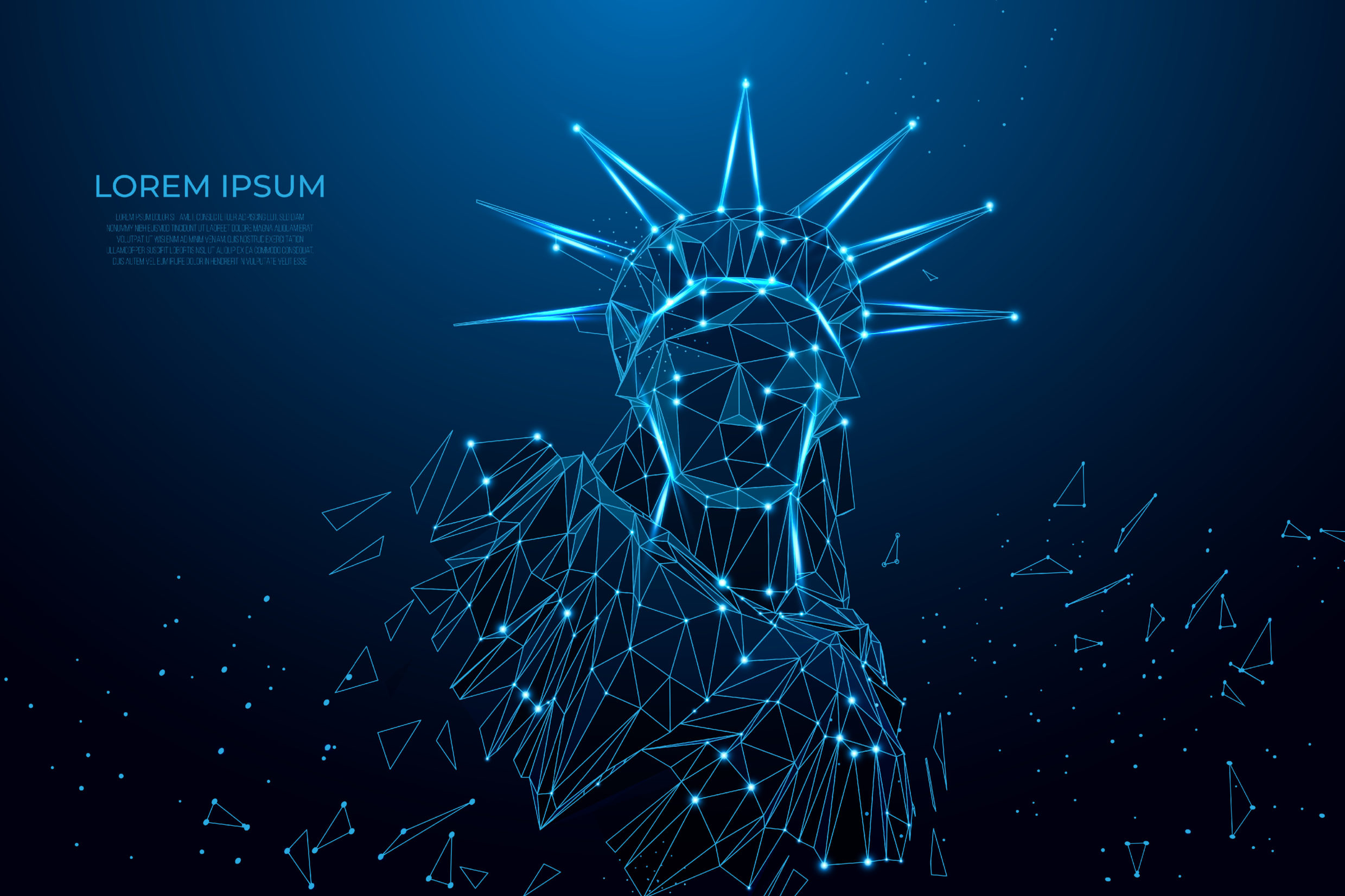
Lucy Bernholz, Director of the Digital Civil Society Lab at Stanford University’s Center on Philanthropy and Civil Society, is the expert you need to listen to on matters of digital technology, the nonprofit sector and broader civil society, and democracy. I was fortunate enough to attend two of her presentations last week – first, at a master class for Columbia University’s Nonprofit Management Masters Program and second, at Upswell. Below are some highlights of those presentations.
Columbia University
Over the last 20 years – and ever more so in the last seven months – people, nonprofits, and foundations have become dependent on commercially made and government-monitored digital systems for basic operations, communications, fundraising, program delivery, advocacy, organizing, and reporting. In so doing, we have enclosed civil society within the bounds of the marketplace and public sector, obliterating any meaningful sense of an independent sector. Digital threats to democracy run much deeper than digitally influenced elections and include the demise of independent civil society. Bernholz will describe how we got here and what we need to do to reclaim civil society and democracy.
- A way to think about democracy – the spaces (physical, legal, cultural) in which we pursue the ideas of participation, quality, and self-governance.
- Democracy depends on the design and rules of these spaces AND the actions that are taken in those pursuits.
- Where we are now: Democracy is a profoundly broken system that has never met its own rhetoric (e.g., voter suppression in so many forms and regularly reported in the news.)
- There are also acute technology and privacy/control/choice/equity issues (e.g., company server storing our discussions serving as ‘landlords’ over user ‘tenants’ with few rights).
- How we got here: Technologies in us, on us, around us – and within our homes. Convenience, marketing, sales, vanity are allowing for this. And it’s pervasive outside of our home. Big tech companies are pushing limits to see what an under informed public’s tolerance is. We don’t go online; we’re always online.
- Digital civil society is all the ways we voluntarily use private resources for public benefit in the digital age.
- Lucy and several co-authors have a new book coming out – Digital Technology and Democratic Theory – which suggest that our democratic theory may need to change, taking into account the evolving technology.
- Where we need to go: Digital society requires new approaches accounting for policy, organization, and technology.
- Identify and understand the policy boundaries for civil society. Efforts to cut down certain assemblies are a slippery slope where our assembly rights are compromised. We (and particularly actors in the nonprofit sector) need to watch the watchers and call them out when they denigrate our democracy.
- The public digital infrastructure is compromising the nonprofit sector’s independence.
- From online expression to digital assembly: Online platforms are to disinformation as digitized physical spaces are to suppression of assembly.
- Every nonprofit, civil society actor should take any political action it can to implement universal public broadband. It must be public for 2 reasons: (1) we’ve subsidized private companies for too many years to do this and they have failed and who no intent to do so; and (2) we need it; there’s no alternative.
- This is not just an expression issue. you can’t do your civic duty, go to school without Internet.
Upswell
Lucy Bernholz, author of a five-part Chronicle of Philanthropy series, Reimagining Philanthropy, will share her key thoughts during this session about what comes next and how philanthropy can and must be reshaped by the COVID-19 crisis. The series has drawn an enormously positive reaction from readers who have learned new ways of thinking about rebuilding and recovering from COVID-19. Bernholz will discuss how she urges nonprofit and foundation professionals to confront uncomfortable truths in a way that helps them understand their important role in recovery from a shattered economy, rebuilding a healthy system, and promoting racial justice.
- The independent sector is not independent (from for-profit corporations and government); philanthropy and nonprofits need to reclaim their independence.
- “Our democratic principles do not exist in a space apart from our national commitment to white supremacy.” – Eddie S. Glaude, Democracy in Black
- Philanthropy needs democracy; democracy doesn’t need (big) philanthropy (or nonprofits, for that matter) – Foundations and nonprofits are artifacts of the government, bounded by laws and rules
- Philanthropy and nonprofits today exist within a profoundly broken democracy.
- People are not in control of when they are online. We’re tracked at all times. So, one role of the nonprofit sector is to watch the watchers.
- It’s not just about privacy; it’s about control and agency and how we’ve handed it over. We need to take back the public digital infrastructure.